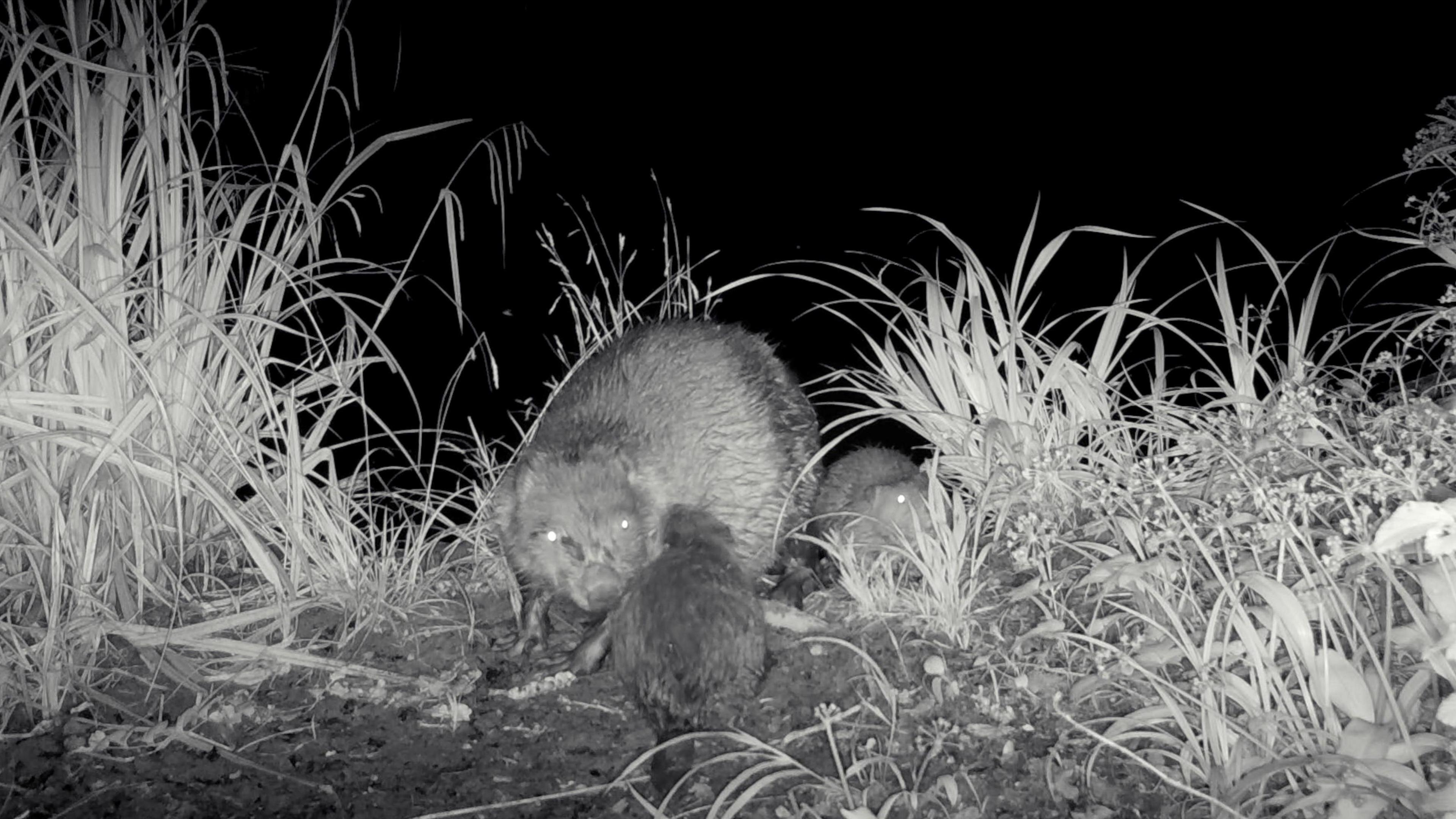Study reveals 14 bat species on safari park estate
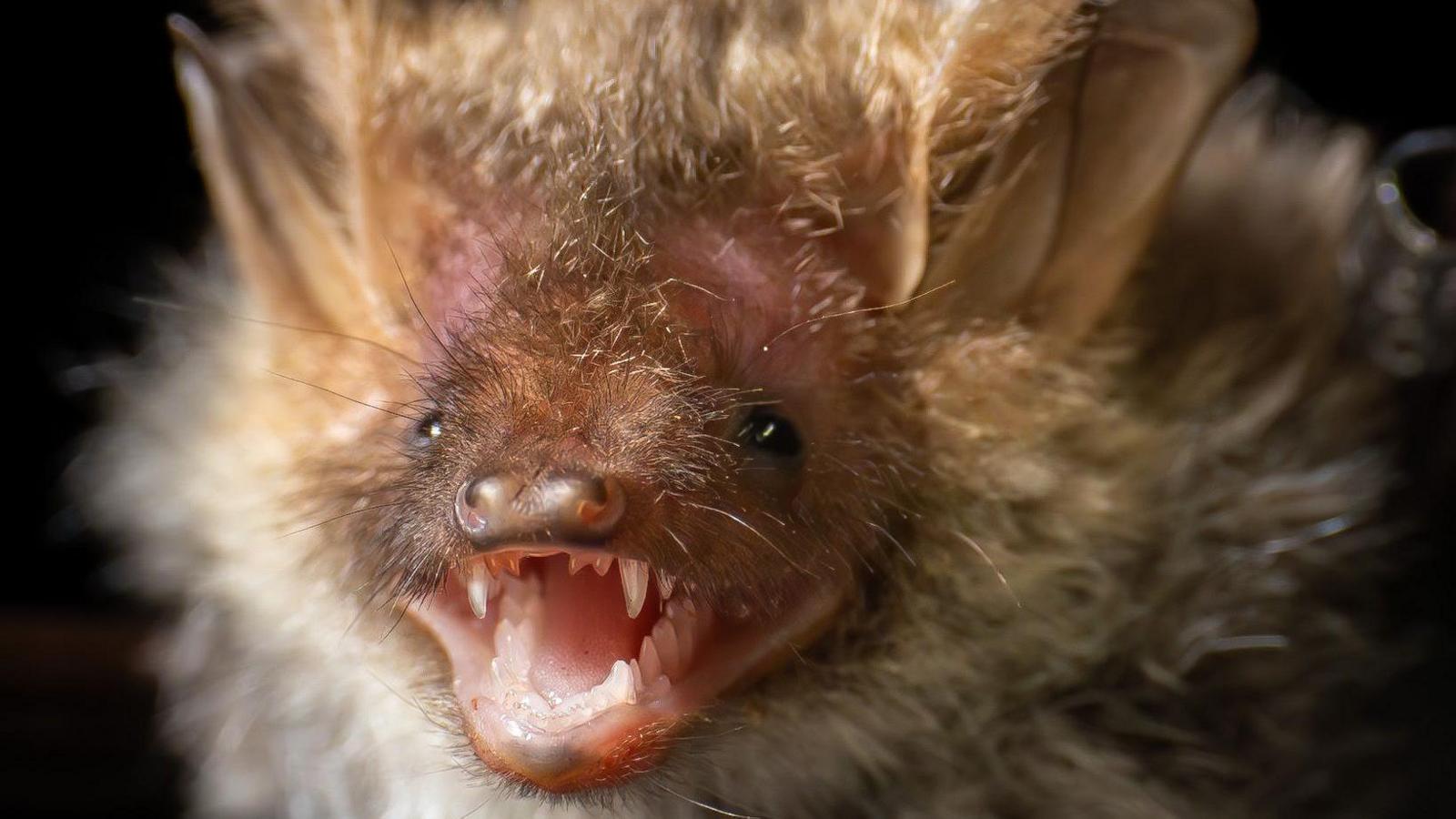
Bechstein's bat is rare in the UK, but Longleat has them on the estate and believes they are breeding
- Published
Several of the rarest bat species in the UK have been identified at the Longleat Estate, famous for its safari park.
A two-year project noted 14 bat species at the site near Warminster, Wiltshire, altogether, including the Bechstein's bat which is endangered.
The parks conservation and research manager, Dr Tom Lewis, said this was particularly exciting. He said: "To have so many native species living and breeding in Longleat is fantastic because it just shows how good the habitat here is for these species."
Three types of bat there have small populations and another four were on a conservation red list.
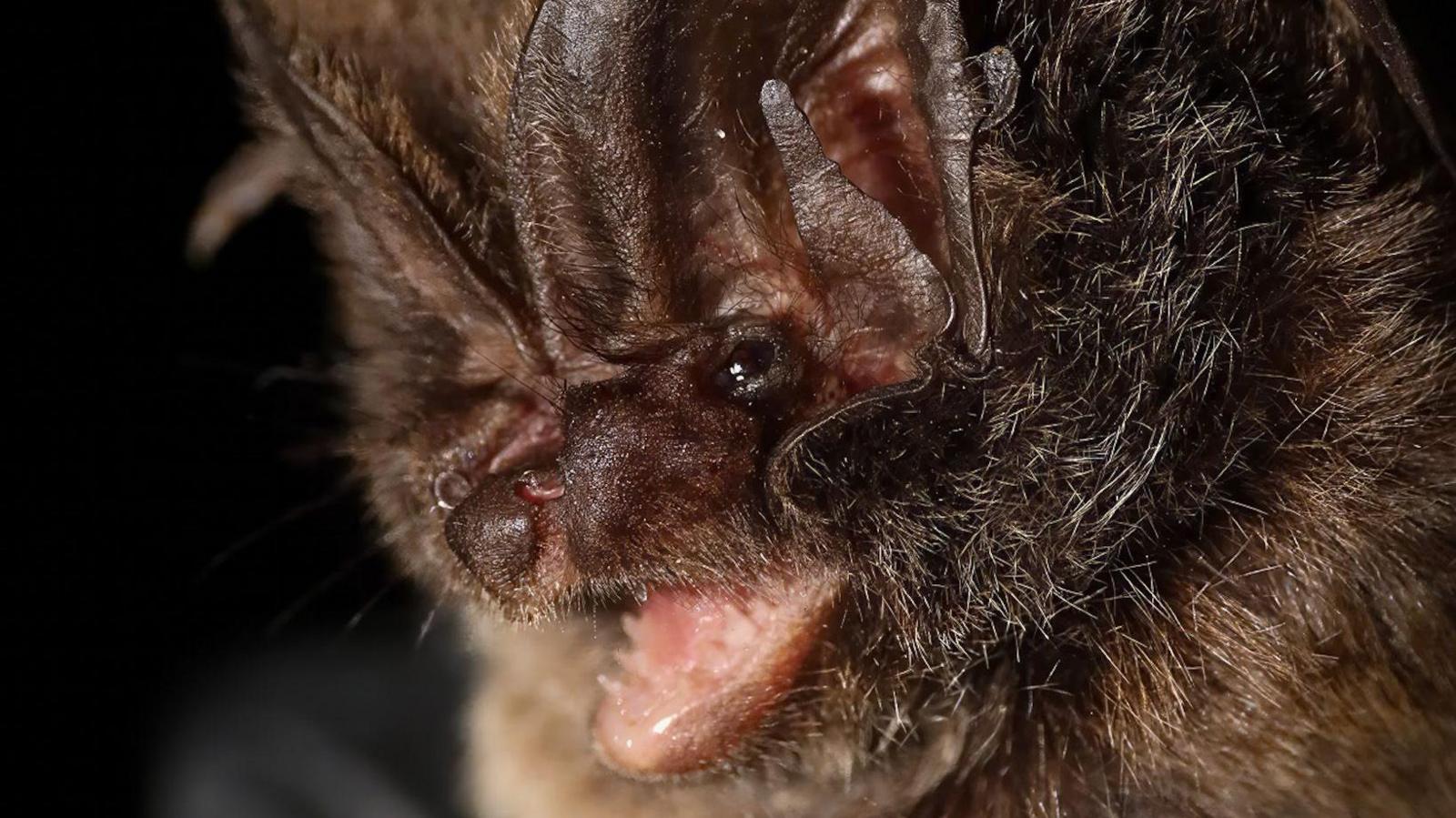
The Barbaselle bat is also an unusual find
Dr Lewis emphasised bats were also pollinators and dispersed seeds, making them important for the ecosystem.
It is believed the Bechstein was breeding at Longleat - it relies on "well-connected wooded landscapes" which have been declining.
The studies also found Greater horseshoe and Lesser horseshoe bats, which were rare.
Barbastelle bat, Serotine, Leisler’s bat and Nathusius’ pipistrelle bat were also unusual ones to spot.
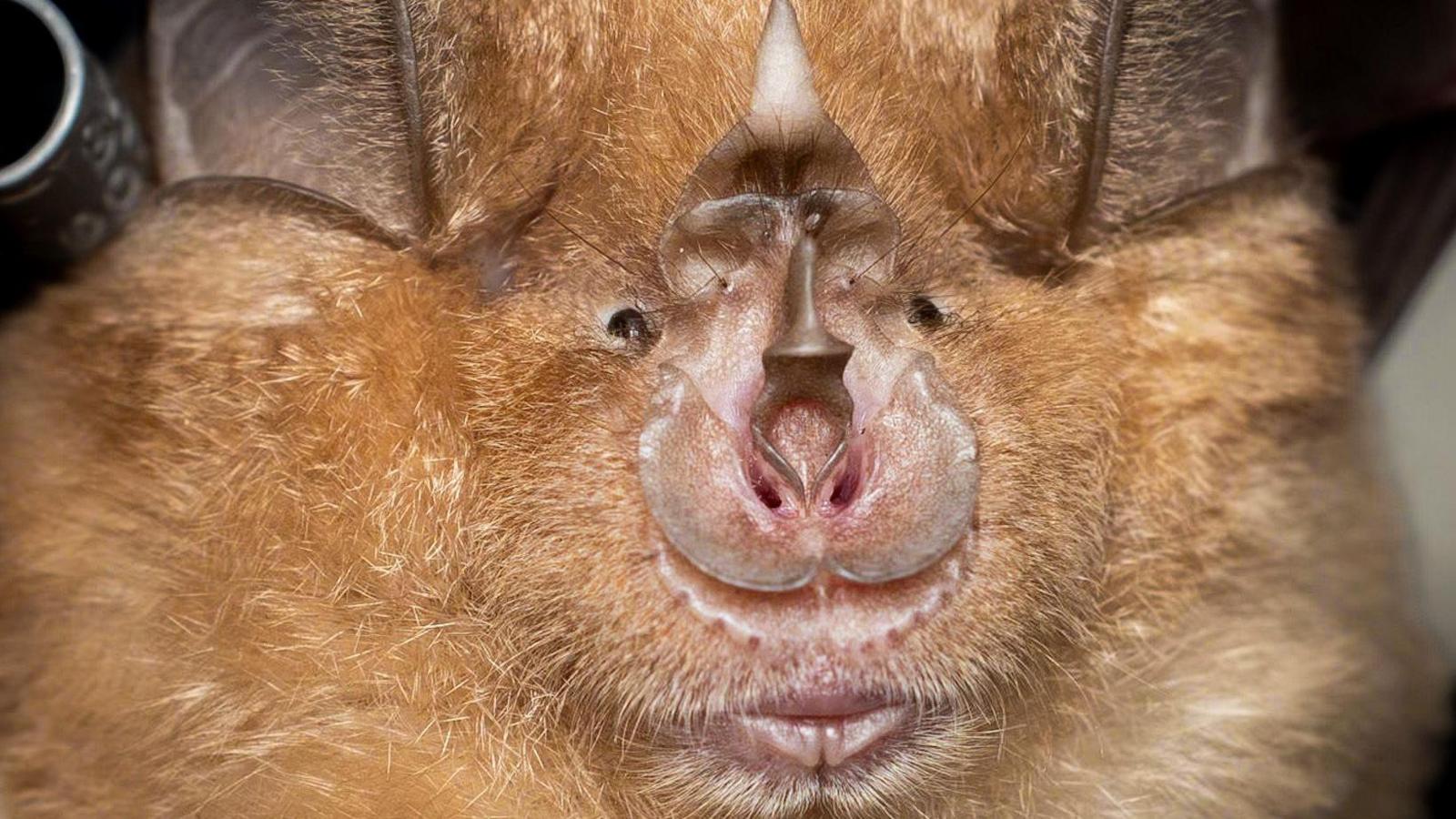
The Greater horseshoe bat was on the list as well
Acoustic detectors and catching surveys were used to find out which species were on the estate.
The plan was to continue the study, with licensed ecologists from Gareth Harris Ecology & Conservation and the Wiltshire Bat Group involved.
There was funding support from Farming in a Protected Landscape, looked after by Cranborne Chase National Landscape.
Dr Lewis has reminded people bats do not want to get close to people: “If you get one in your house, all you need to do is open the windows, turn the lights off and leave the room.
"The bat will find its way out.”
Get in touch
Tell us which stories we should cover in Wiltshire
Follow BBC Wiltshire on Facebook, external, X, external and Instagram, external. Send your story ideas to us on email or via WhatsApp on 0800 313 4630.
- Published9 October 2024
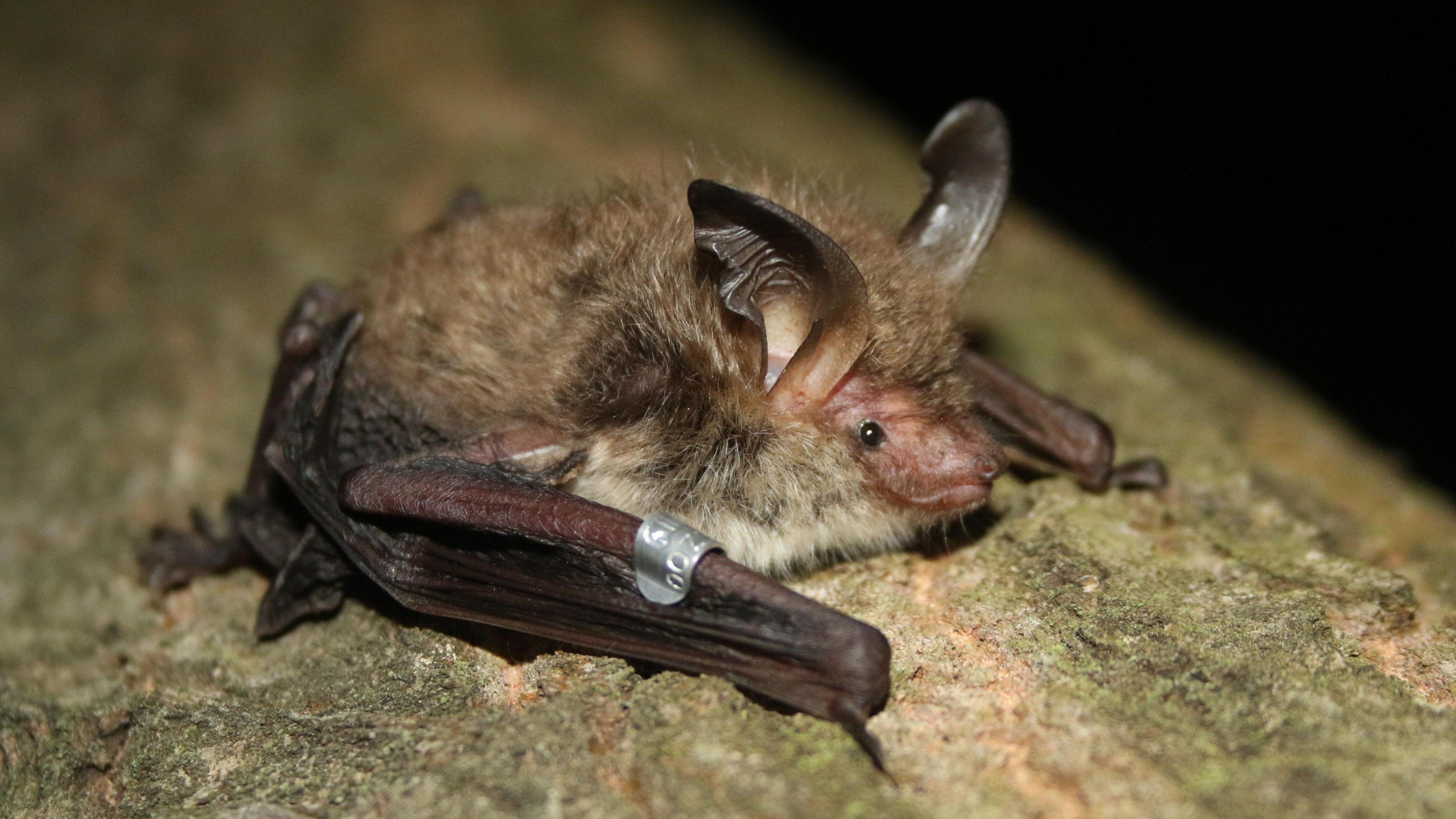
- Published15 March 2019
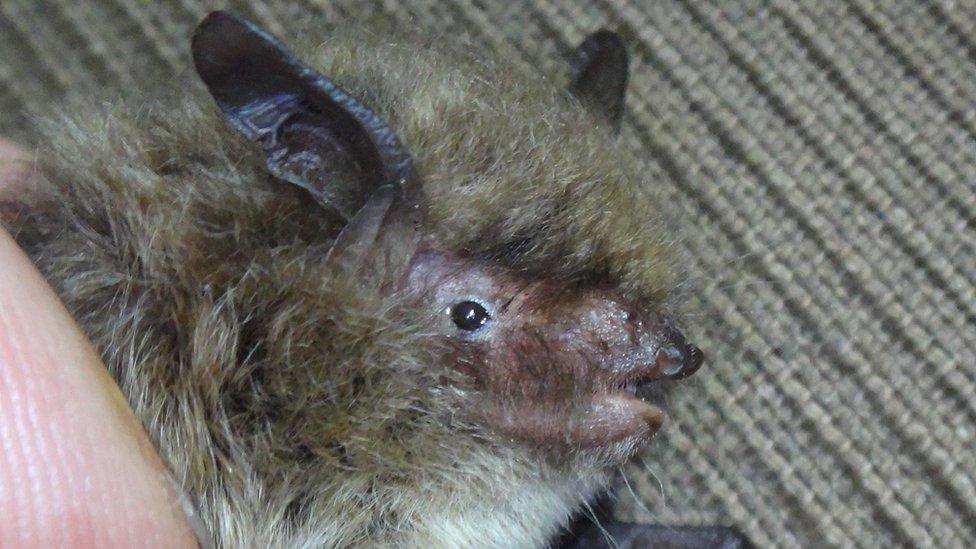
- Published16 October 2024
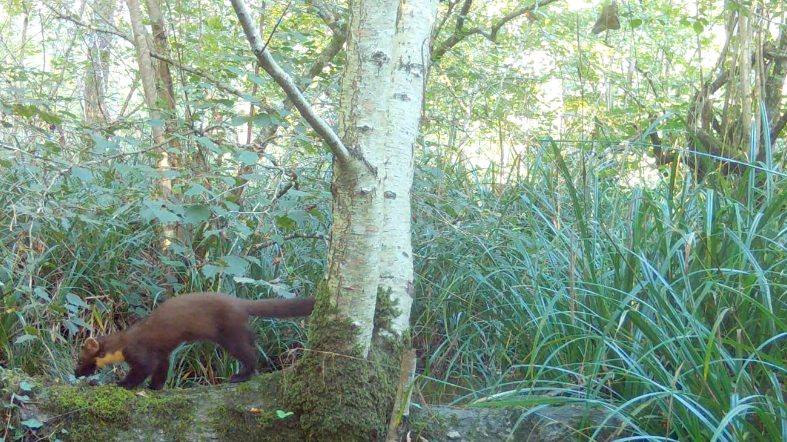
- Published19 July 2024
